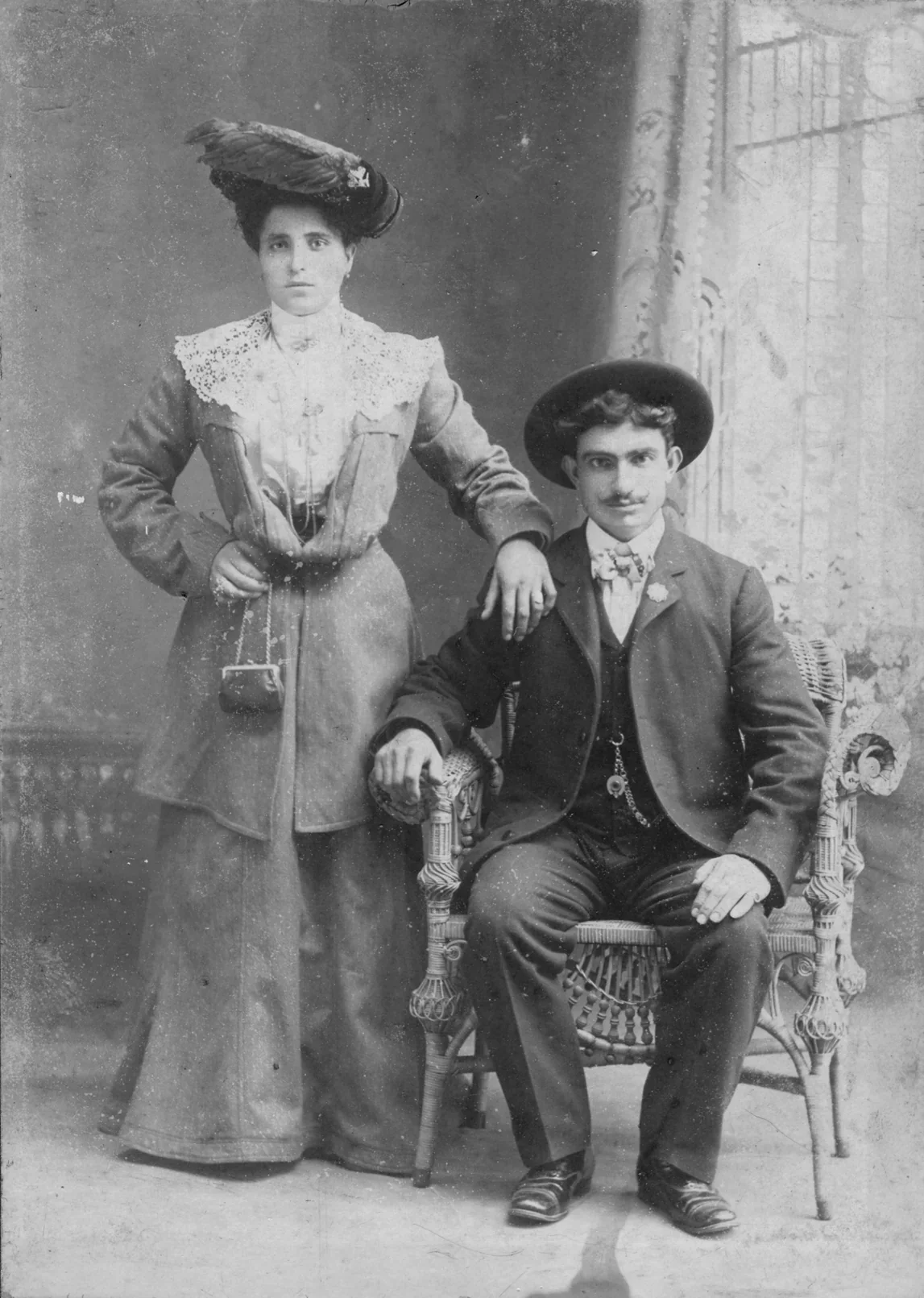Bread, Bombs, and Prohibition in Niagara Falls
These 1920s and 1930s newspaper clippings tell the dramatic story of Niagara Falls’ “Bread Wars.” In the Prohibition era, when smuggling, rackets, and organized crime ruled the streets, the DiCamillo family bakery was bombed and raided for refusing to pay protection money. Yet the ovens kept burning, the Scaletta loaves kept rising, and the family business endured. A century later, DiCamillo Bakery stands not as a victim, but as a cherished Western New York institution—proof that bread, family, and resilience outlast bombs and bullies.
n the 1920s and 1930s, Niagara Falls was a city where Prohibition blurred the line between law and lawlessness. With Canada just across the river—and “wet” again by 1927—the Falls became one of the busiest smuggling corridors in America. Whiskey and gin crossed the river under cover of mist, hidden in flour sacks, coffins, and even hauled across the frozen ice.
Against this backdrop of smuggling and rackets, a local bakery became the center of what newspapers later called the “Bread Wars.”
The DiCamillo Bakery
In 1920, Tomaso and Addolorata DiCamillo, immigrants from Abruzzi, Italy, opened a basement bakery on 14th Street. Tomaso baked wholesale loaves while Addolorata and her daughters ran a storefront above, selling rolls and Italian groceries. From the start, the bakery’s signature was the Scaletta—a rope of dough coiled like a ladder, dusted with sesame seeds, baked golden on cornmeal boards.
The 1925 Bombing
On December 20, 1925, the Niagara Falls Gazette ran the headline: “Niagara Falls Bakery Bombed.” A dynamite explosion shattered the cellar windows of DiCamillo’s bakery. Though no one was injured, the attack was widely reported. The motive, however, was left unclear. Newspapers at the time described the incident in terms of “bread war vandalism,” not explicitly linking it to organized crime.
The 1931 Attack
Six years later, in 1931, the bakery was struck again. Family accounts describe armed men storming the cellar, tying up bakers, and pouring gasoline over flour sacks. Press coverage confirms there was another violent attack, but contemporary reports again cast it as part of a heated bread-price war, not an extortion attempt.
Lore of Rackets and Protection
Within the DiCamillo family, the story was told differently. Oral history says that local racketeers demanded “protection money” during Prohibition. A figure known as “Don Dedo” allegedly collected cash until Tomaso’s teenage son threw him out. Soon after, the family linked the bakery bombing to their refusal to pay.
Another family story recounts that after the 1931 attack, Addolorata put on her best hat, marched across town, and appealed to a powerful man in her Catholic society to end the violence. According to the family, the attacks stopped, and the bakery never paid protection again.
These details—while dramatic and passed down through generations—do not appear in surviving newspapers or public records. They remain powerful parts of DiCamillo family memory, though not independently verified.
A young Tomasso and Addolorata, newly married in 1902 and beginning their life together in Niagara Falls.
Bread That Endured
Whatever the exact motives, the DiCamillo family persevered. They rebuilt, kept baking Scaletta bread, and grew from a cellar bakery into one of Western New York’s most enduring institutions. A century later, DiCamillo’s is still part of everyday life in the region, its tomato pie, cookies, and bread woven into local tradition.
In Niagara Falls, where Prohibition once made crime and community collide, the DiCamillo story stands as a reminder that bread, family, and resilience can outlast bombs, rackets, and fear.



